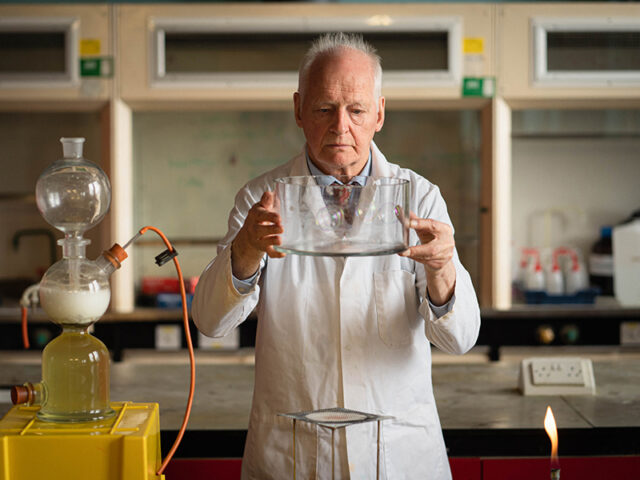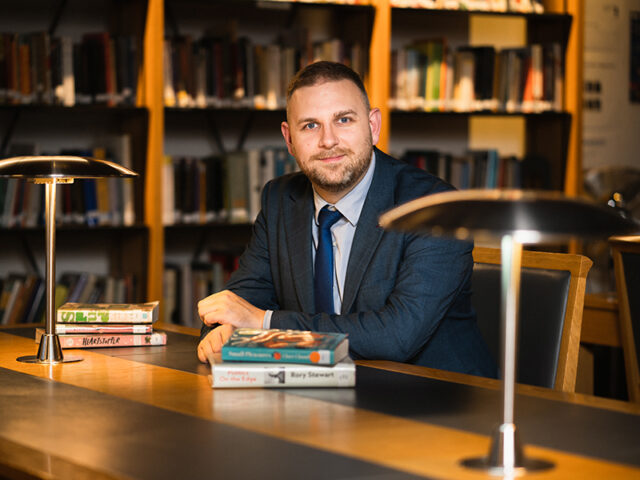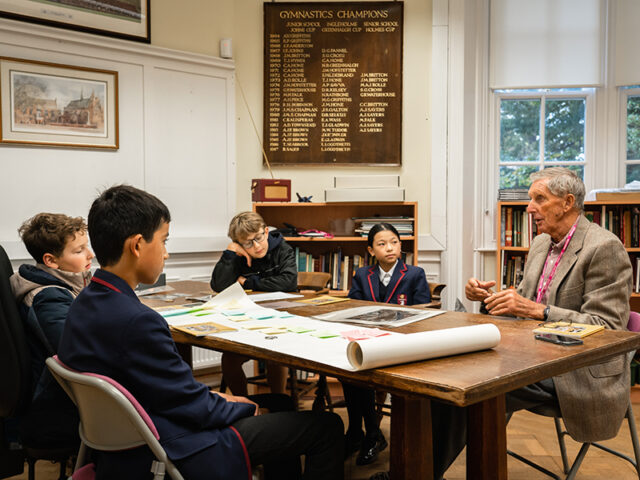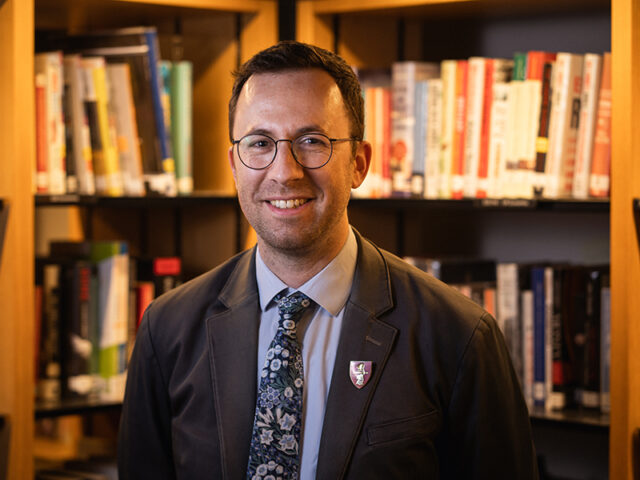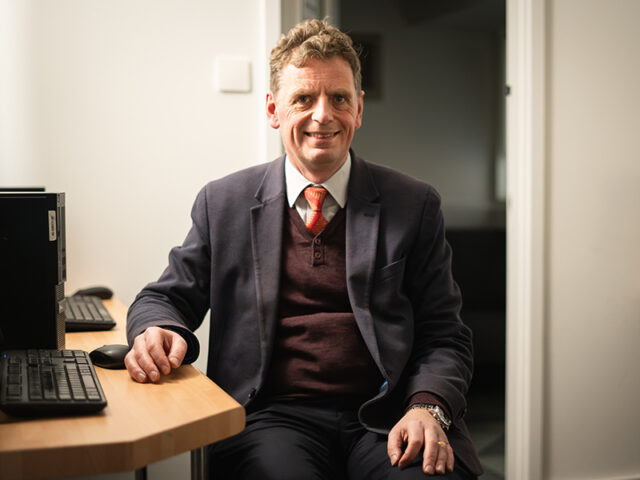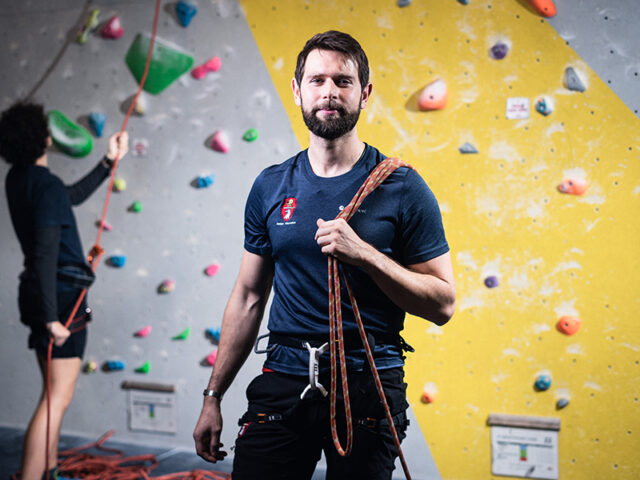This week we are joining others around the world in marking Neurodiversity Celebration Week. At Highgate our Learning Support team is embedded across all three schools to educate, support and empower our community to embrace the many talents of being neurodivergent, and to build an inclusive culture that celebrates difference.
We speak to the Learning Support leads in each school to find out more about their work: Ivanka Stoyanova (Director of Learning Support), Sonja Goodlad and Nicky White (Junior School) and Julie Gilmore (Pre-Prep).
What does the Learning Support team at Highgate look like?
In recent years our team has expanded and there are now twelve of us across the whole school. In the Senior School, we have specialists in English, Maths, French and Science. We also support with study skills, time management, revision and exam techniques. Our work isn’t limited to children with neurodivergent conditions, we support anyone who needs help; the door is always open as we all have our relative strengths and weaknesses and will need help at some point in our lives.
Lower down the school we have two learning support leads in the Junior School and one for the Pre-Prep, plus specialist Teaching Assistants. We work very closely with our pastoral teams to put support in place. Emotions are so closely connected to learning, and if there are barriers to a child learning, it could be there are emotional as well as cognitive needs to support.
How do you work with teachers to provide holistic care across the school?
We work closely with teachers across the whole school discussing and planning for children’s neurological needs. We deliver CPD (Continuing Professional Development) sessions on learning support. Recent topics have included ‘inclusive classrooms’ – looking at how teachers plan, deliver and assess lessons with neurodivergent children in mind. Another session looked at autism from the perspective of a colleague who is also a parent of a neurodivergent child. We invite external speakers who are psychiatrists, psychologists, or specialists in areas of neurodiversity, to deliver talks for parents and teachers.
In the Junior School, we speak to form tutors most days and go in to observe. Teachers do a lot of training and learn how to adapt the classroom for children with needs. We recently organised ‘Universal Design for Learning’ training for staff based on research that shows strategies which help one, are beneficial for the whole class. Similarly, in the Pre-Prep, if a child in our care needs support in any way, we aim to make that support available to all. In doing so, we support all children.
Obviously, we do see children one-to-one – if they have dyslexia for example, then we’ll need a specific spelling programme, but overall, the adaptations work for everybody. Things like ‘movement breaks’ are helpful for all children.
Our door is always open for teachers too, who will often ask us about individual students. Sometimes departments in the Senior School will have queries or points they want to address around their subjects, and we’ll deliver a session and answer questions.
How do you support pupils who are moving between schools, or joining Highgate for the first time?
We have a very robust transition from one school to the other. Our three teams meet regularly to ensure that the support in one school continues into the next. We’ve improved the way we share information so that we can clearly see what the need is, what the strategies are, and ease the transition process. We can address parent queries or show them around the new school, to help the child manage what can be a difficult time.
Transition meetings take place to discuss the needs of each individual pupil and plan for their support. Similarly, we obtain information from the schools and parents/carers of any new joiners with learning difficulties or disabilities.
Year 6 pupils have a chance to visit and get familiar with the Senior School site. They also get to talk to Year 7 pupils and ask questions about their transition period.
All parents/carers are then contacted to discuss their child and the support needed. Teachers are informed about the individual needs of the pupils in their class so they can plan their lessons accordingly. The Learning Support department works very closely with the Pastoral teams to accommodate for a holistic approach to the child’s support.
Do you find that better awareness of neurodiversity helps to reduce the stigma attached?
There has been a lot of work to improve the perception and raise awareness. We have achieved a lot in that sense – through our celebrations (ADHD Awareness month, Dyslexia Awareness week, Neurodiversity week) and through our education – to children (PSHE lessons, assemblies), staff (CPD and Learning Support guidance and support) and to parents (regular webinars and guest speakers).
In Highgate, the community of pupils and teachers is kind, respectful and helpful. We’ve seen how the pupils support other children; they are so understanding.
We will continue to work towards raising awareness and removing any stigma. The better we understand what a child needs in order to learn, the better they and their families can be supported. Having a fuller understanding of themselves also gives a student a better outcome, through their teenage years and into adulthood.
Neurodiversity Week is a chance to celebrate as well as raise awareness – what does that mean to you?
We have been celebrating Neurodiversity week for years and it is now embedded in our school calendar. Every year there are events and celebrations so we can all acknowledge and better understand our differences. Neurodiversity week is an ideal opportunity to raise awareness by recognising both the challenges neurodivergent pupils face, but also the amazing skills and qualities they have.
It is also a great time to remember that kindness and understanding goes a long way!
